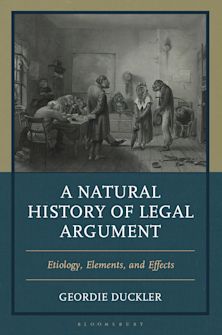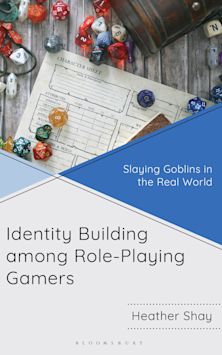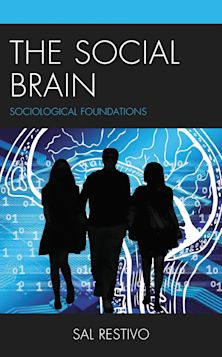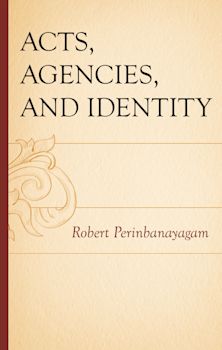- Home
- ACADEMIC
- Sociology
- Sociology - Other
- Social Character, Tribalism and Society
Social Character, Tribalism and Society
The Angry Crowd
Social Character, Tribalism and Society
The Angry Crowd
This product is usually dispatched within 1 week
- Delivery and returns info
-
Free CA delivery on orders $40 or over
You must sign in to add this item to your wishlist. Please sign in or create an account
Description
Chris Shilling and Philip A. Mellor argue that recent developments in social character are key to explaining the sectarian tribalism that has afflicted American and European societies in recent decades.
Building upon one of the most influential books of the twentieth century, David Riesman's The Lonely Crowd, the authors explore the social and economic conditions that have resulted in a 'thinning' of empathy and mutual identification, the significance of inequalities and social movements in stimulating the emergence of identity-directedness, and the opportunity-directed exploitation of dynamic social change, risk and uncertainty. Reflecting on an era marked by intensifying conflict, Social Character, Tribalism and Society asks whether it is possible that a 'saving remnant' could emerge from the characterological struggle that is fraying the social fabric and threatening to destabilise social order.
Table of Contents
Chapter 1: Introduction: The Characterological Struggle
Chapter 2: Inner-directedness: Frontiers, Pioneers, and Cowboys
Chapter 3: Other-directedness: The Limits of Mutual Identification
Chapter 4: Identity-directedness: From Equality to Tribalism
Chapter 5: Opportunity-directedness: Arbitraging Uncertainty
Chapter 6: Conclusion: Social Order and the Future of Social Character
References
Index
About the Authors
Product details

| Published | Oct 30 2025 |
|---|---|
| Format | Hardback |
| Edition | 1st |
| Extent | 200 |
| ISBN | 9781666972863 |
| Imprint | Bloomsbury Academic |
| Dimensions | 229 x 152 mm |
| Publisher | Bloomsbury Publishing |
About the contributors
Reviews
-
This is a book for our times. The twenty-first century has seen big shifts in how people live, think, feel and steer their behavior. This book explains why. And, though not a political book, it helps to answer the question of the age: how was Trump possible?
Stephen Mennell, professor emeritus, University College Dublin
-
Shilling and Mellor have produced a robust and scholarly analysis that makes a vital contribution to our understanding of contemporary social character and its discontents. Creatively extending Riesman's classic thesis, they help make sense of an array of contemporary developments-from the quantified self to the 'echo chamber' of social media. Their identification of identity-oriented and opportunity-oriented characterological forms provides compelling new theoretical tools for understanding late-modernity. This is a polemical but painstakingly balanced study-wide-ranging in its insights, far-reaching in its implications. Like The Lonely Crowd before it, this book is sure to become essential reading that will guide national conversations about trajectories of social development.
Jason Hughes, University of Leicester; author of Norbert Elias and Modern Sociology
-
Using a deceptively simple definition of social character as those qualities that we-large aggregates of people-share, Shilling and Mellor build on the mid-twentieth century scholarship that sought to understand how socio-historical changes were reconfiguring characterological types. The authors return to these concerns seven decades later, engaging in particular with David Riesman's seminal work and going beyond by introducing two new types: identity direction and opportunity direction. Addressing a far-ranging array of topics, the authors explore complex issues with an admirably pellucid style. Wearing their erudition lightly, they offer brilliant insights while raising hard questions. Like The Lonely Crowd, this book deserves to be embraced by the sociological community and read widely by the general public.
Peter Kivisto, Richard A. Swanson Professor of Social Thought, Emeritus, Augustana College

ONLINE RESOURCES
Bloomsbury Collections
This book is available on Bloomsbury Collections where your library has access.


































